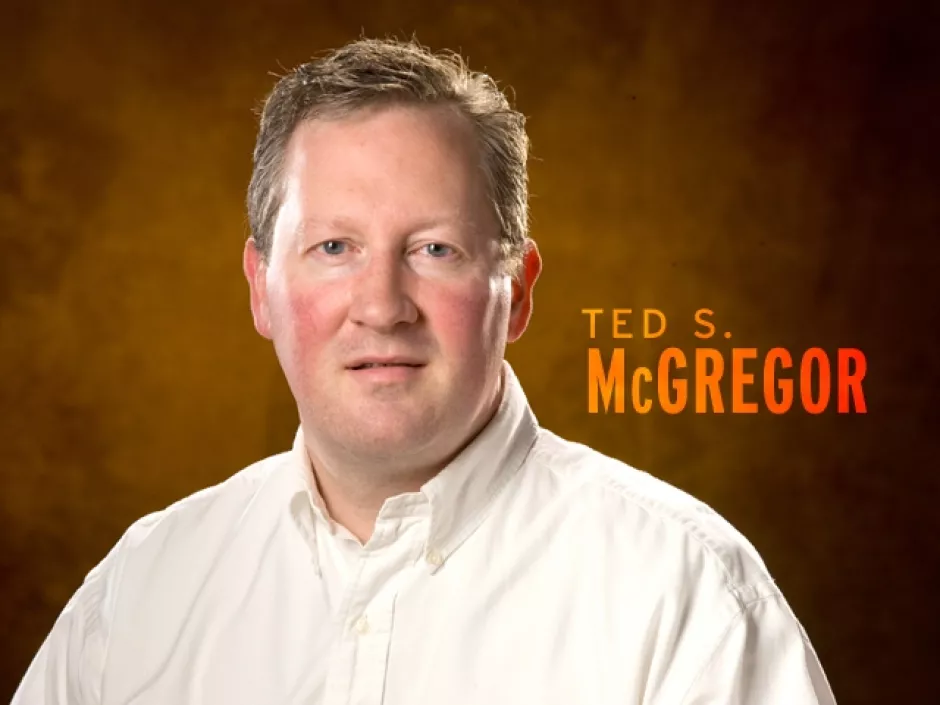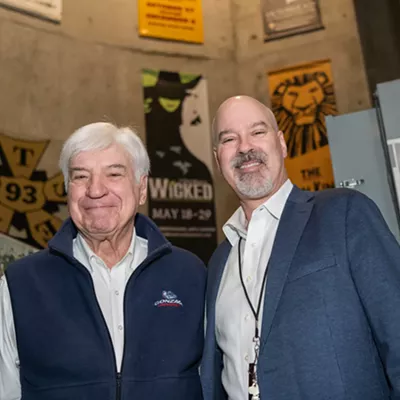When Teddy Roosevelt coined the term “muckraker” to describe a new kind of journalism at the turn of the 20th century, he was a fan: “There are, in the body politic, economic and social, many and grave evils, and there is urgent necessity for the sternest war upon them.”
Today, when self-styled muckraker Julian Assange of Wikileaks dumped yet another batch of secret documents into the public realm, political leaders called him a criminal.
Though the issues — and technology — have changed, the basic question is the same: In a democracy, what does the public have a right to know?
In the original muckraking era, reports on the conditions of workers in the meatpacking houses of Chicago were designed to provoke horror. Social progress often followed, as America entered an era of reform.
In this latest dump of documents, Wikileaks aims to pull back the curtain on America’s diplomatic missions. Early reviews of the documents, however, seem to reveal more gossip than gotchas. I found a thoughtful bunch of people struggling with some of the toughest problems the world faces.
Of course we should remain skeptical: Under the cover of permanent war, we know power has been abused, that massive amounts of money have been lost to corruption and we have been flat-out lied to. Still, this Wikileaks dump doesn’t seem to shed light on any of that.
I called Ryan Crocker to get his take. Ever since his widely applauded stint as Ambassador to Iraq, the Spokane Valley native has been splitting time between here and Dallas, where he is the dean of Texas A&M’s George Bush School of Government and Public Service.
Crocker says sharing information among branches of government was a priority after 9/11, so pieces of intelligence could be put together. Now he fears we may see agencies retreat back to the old too-much-secrecy paradigm. He also questions what motivates Wikileaks.
“This is not like the Pentagon Papers,” Crocker says. “There’s no apparent effort to expose wrongdoing. [Assange] is not a prophet of some new era, he’s an anarchist. Toss it all out there; it doesn’t have to have a purpose. Screw up governments, embarrass people. And there will be fallout. We’ll have some fairly unhappy world leaders.”
Assange isn’t making sense out of it — that’s for real journalists. But it does seem we’ve entered a new era, as Forbes magazine wrote of Assange: “He is the prophet of a coming age of involuntary transparency.”
Whether that new age sets information free or binds it even tighter remains to be seen.
Ted S. McGregor Jr. is the Editor and Publisher of The Inlander.
























